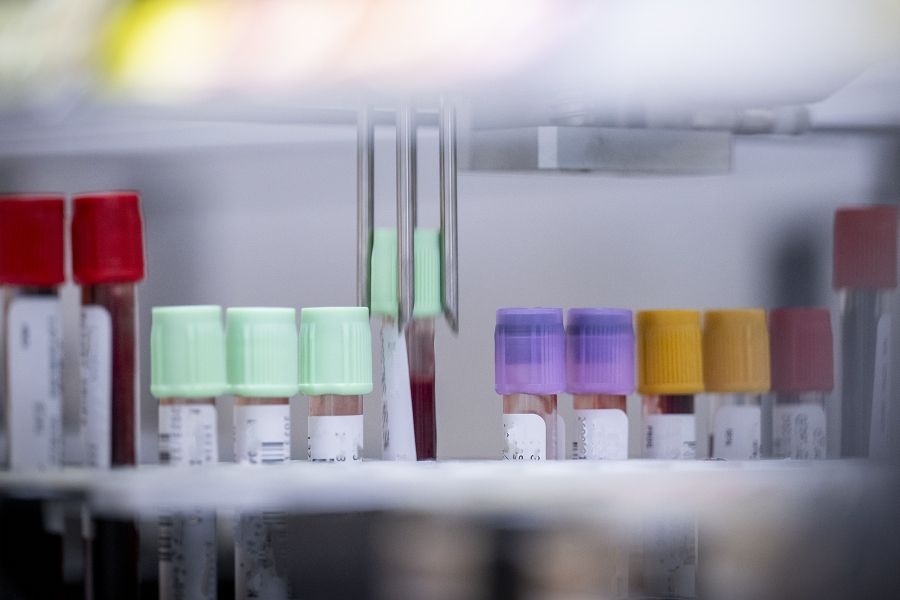Up to $1 million in new funding at Kingston Health Sciences Centre (KHSC) will soon give people living with eating disorders access to an intensive day treatment program, a critical layer of mental health care that is a first for Southeastern Ontario.
Ontario Health has announced that KHSC will receive new base funding to develop a day treatment program for transitional aged youth (ages 16-24) who have moderate-to-severe eating disorders. These patients—who are struggling with anorexia nervosa, bulimia nervosa and other feeding or eating disorders—do not require hospitalization but do need more intensive services than those provided by traditional outpatient clinic appointments.
A day treatment program can provide daily therapy sessions while also allowing patients and their families to maintain and practice social relations and coping skills closer to home, such as excursions supporting meal challenges and nutrition education in the community setting. The KHSC day program will treat up to 10 patients at a time with support from a multidisciplinary care team that includes a psychiatrist, psychologist, nurse practitioner, social worker and dietitian.
“This investment meets a critical need,” says Nicholas Axas, program operational director of the Mental Health and Addiction Care program at KHSC. “In Southeastern Ontario we currently only offer inpatient and outpatient services, with no treatment layer in between. Day treatment can help prevent a hospital stay and also allow for a smoother transition out of hospital for those admitted for medical stabilization.”
Eating disorders are serious physical and psychological conditions that have only increased in prevalence during the pandemic, says Axas. In fact, last year KHSC saw a 50 per cent increase in referrals to its adult, child and adolescent eating disorder programs.
“The isolation and heightened anxiety brought on by the pandemic have surely helped to trigger this jump in referrals,” says Dr. Nishardi Waidyaratne-Wijeratne, a psychiatrist in KHSC’s adult outpatient eating disorders program. “We’re also seeing an increase in complexity and severity of eating disorders.”
The intricacy of these conditions can also complicate treatment, says Dr. Waidyaratne-Wijeratne, and best practice includes a stepped-care approach to treatment providing differing levels of interventions—hospital admission, day treatment services and outpatient programs—based on individual needs.
“We’re grateful for these resources that will help us to provide a broader spectrum of care for those living with eating disorders,” says Dr. David Pichora, KHSC President and CEO. “We know that a community-based day program has long been a dream for mental health care providers at KHSC, and we’re excited to see this new level of investment in mental health care in the South East.”



